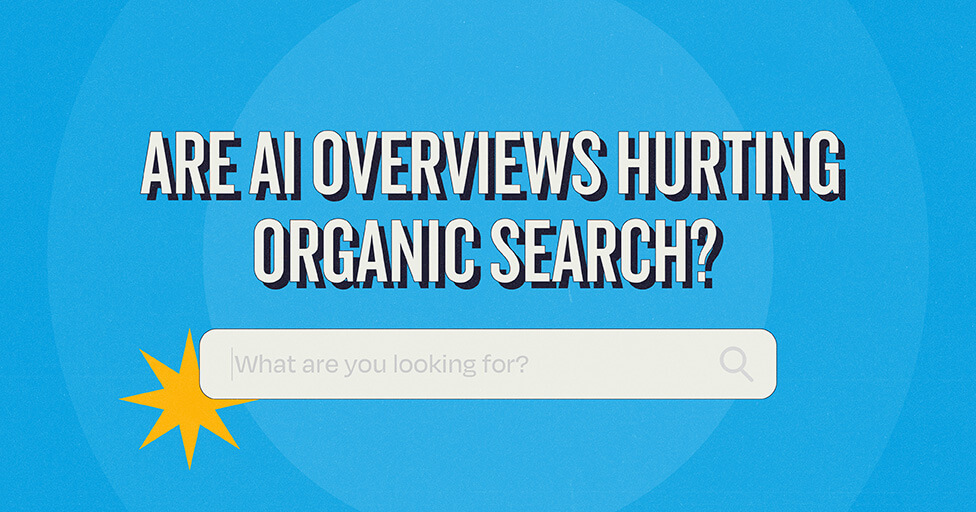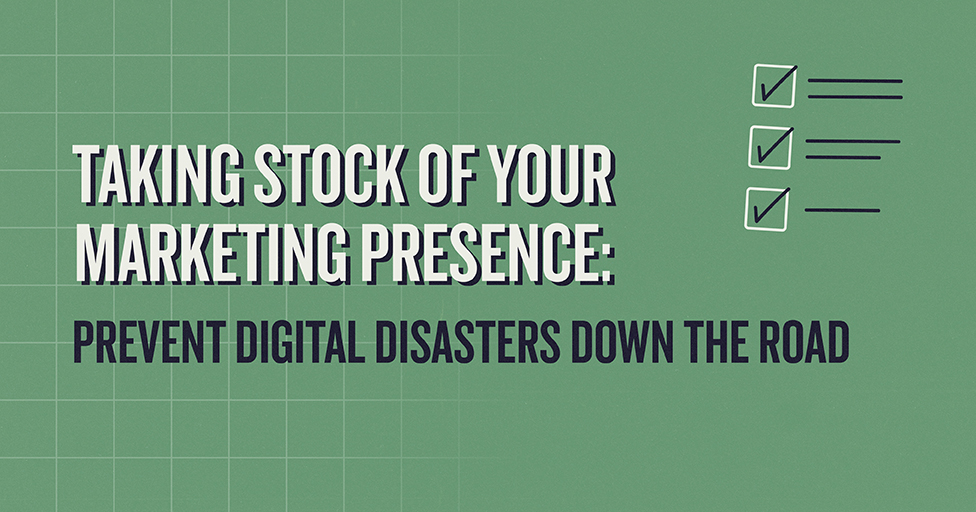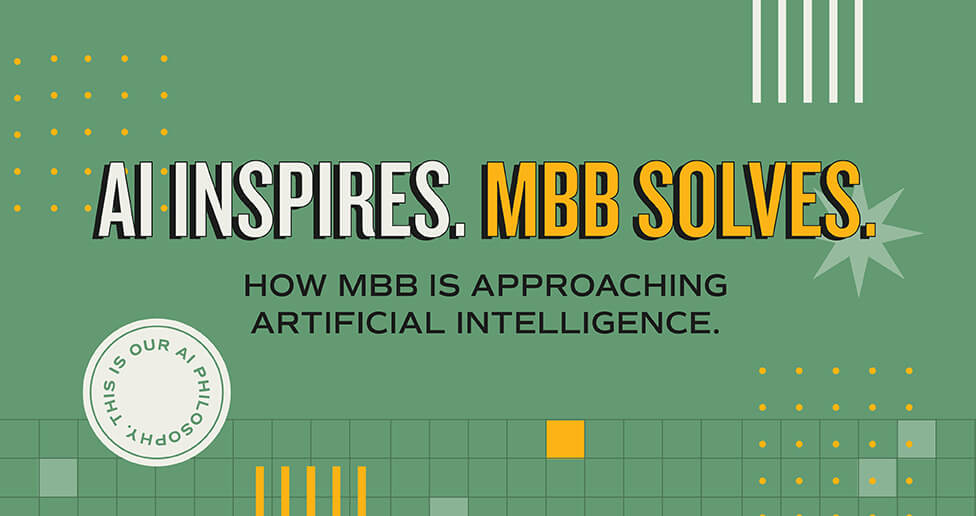
What is your definition of who you are? Do you even have one? Asking yourself these questions is a fascinating exercise. And it is not a “one and done,” to be certain. There are elements of yourself that will never change, but parts of you are constantly evolving. Here is the thing: you need to choose the words carefully. Whatever words you choose to describe yourself will have meaning. And that meaning can greatly enhance or diminish your opportunity in life.
When people used to tell me that they started a journey of self-discovery, it immediately conjured up two thoughts for me.
- What the hell do they mean?
- Is there, you know, like an endpoint?
I assumed they were going to have an internal dialogue and then probably write that stuff down. Hopefully they would revisit it from time to time and allow it to serve as a guidepost when life got funky. This was something I thought everyone did informally. Why did it have to be a journey? What I learned was that the journey, or what makes a difference, is getting intentional about the process.
Honestly, I thought all of the self-discovery was mumbo jumbo until I tumbled upon it organically. My self-discovery journey started while driving around my old neighborhood in Phoenix, AZ at about 2 AM. No, I was not returning from a wild night out, trying to find my driveway. Good guess. Rather, as a Homeowner Association member, I had taken on some neighborhood watch duties. There had been a rash of petty crimes—stealing bikes, breaking into garages, taking tools—which turned out to just be kids in the neighborhood trying to make some money. However, the metro squad had more on their plates than trying to figure out what happened to Bill’s hedge trimmers.
Each shift lasted four hours, and mine was midnight to four in the morning. In an effort to pass the time, I popped in a cassette tape of Tony Robbins. Yes, a cassette tape, stop laughing. In this session, Tony talked about the importance of defining yourself to yourself. What do you believe about yourself to be true? Some people use declaratives—I am a lawyer, for example. Some people use metaphors—I am king of the hill. The problem with those phrases is they create a mindset that impacts other parts of your life. If you only see yourself as a lawyer, does that impact the manner in which you engage with your loved ones. Is there a need to win, to prove a point? What I learned is that we must be careful in how we choose to define ourselves.
I continue to use this exercise to this day. When I do it, I chose to use a series of “I am” statements.
- I am a father.
- I am a Catholic.
- I am the chief catalyst for two businesses.
- I am a Jayhawk.
- I am here to help other people.
All of these phrases have meaning even beyond the words themselves. For example, I don’t view myself as a business owner even though I am. That notion seems distant—as if I own an asset that is supposed to pay off dividends to me. Those who know me know I can’t be that detached. I view my role in the company as needing to make an impact.
We’ve spent a lot of time as an agency asking ourselves who we are. I’ve spent a lot of time asking our people who they are and what they aspire to be. And I challenge you to ask yourself who you are. What is your role within your organization? What is your role in this world?
Take 5 minutes. Go through the mental exercise. Write it down if you can.
Who are you?
Do yourself a favor and don’t draw the box too tight. Give yourself room to grow. Room to breathe. I hope that after those 5 minutes you have not just more peace but also better understanding of how you relate to the world around you and what opportunities lie ahead of you.
Subscribe to our newsletter
Get our insights and perspectives delivered to your inbox.


